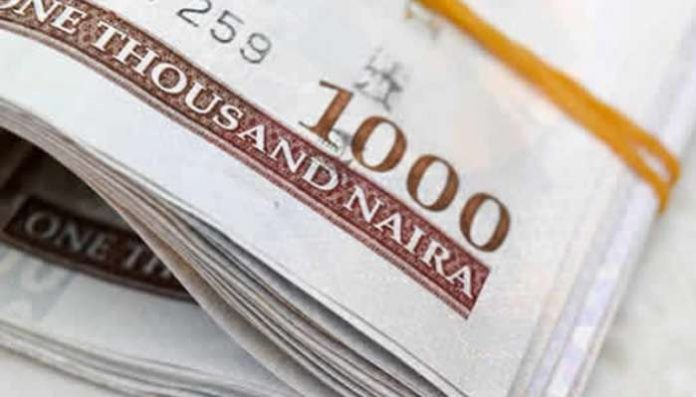CEM REPORT, FINANCE | Loans to private sector of the Nigerian economy recorded a significant increase of 24.2 per cent in the second quarter of 2022 (Q2’23).
The service, industry and agriculture received a combined total of ₦37,479.37 billion, from ₦30,346.13 billion in the preceding quarter.
According to the Central Bank of Nigeria, 2023 second quarter economic report, the services sector remained the dominant recipient of credit, accounting for the largest share at 51.6 per cent. The industry sector was next at 43.5 per cent, while agriculture accounted for 4.9 per cent.
A further breakdown reveals that the service sector secured a combined total of ₦19.3 billion from 16.1 billion in Q1’23, representing a 19.9 per cent increase, of which Finance, Insurance and Capital Market received 3.4 billion in credit from 2.6 billion in Q1’23.
The industry sector received an increase of 24.4 per cent in credit, amounting to ₦3.4 billion in loans in the review quarter compared to ₦2.6 billion in the preceding quarter. 9f the total sum construction companies secured ₦1.5 billion.
While loans to the agricultural sector declined by 2.6 per cent from ₦1.9 billion to ₦1.8 billion. This is quite disheartening as the federal government has been hammering on increasing FX Inflow through agriculture.
The CBN attributed the growth in sectorial loans to the continued implementation of the Loan-to-Deposit Ratio (LDR) policy and the revaluation effect of foreign currency denominated.
As a result of strengthened enforcement of the Loan-to-Deposit Ratio (LDR) policy, according to the report loans to customers (personal loans) “increased significantly by 12.2 per cent, to ₦2,637.31 billion in the second quarter of 2023, compared with ₦2,349.88 billion at the end of the preceding quarter,” the report stated.
The report further details that other depository corporations (ODCs) to customers declined to 7.0 per cent, which is below the 7.7 and 7.8 per cent recorded in the preceding quarter and the corresponding period of 2022, respectively.
[READ ALSO] Nigerians Income Increase in 2023
“The components of consumer credit revealed that personal loans accounted for the larger share, totaling ₦1,922.20 billion, representing 72.9 per cent of the total, while retail loans accounted for 27.1 per cent, equivalent to ₦715.10 billion.”
The increase in loans is no surprise as businesses are struggling to stay afloat owing to the declining purchasing power of Nigeria, this is not far from the increase in inflation and exchange rate fluctuations.








